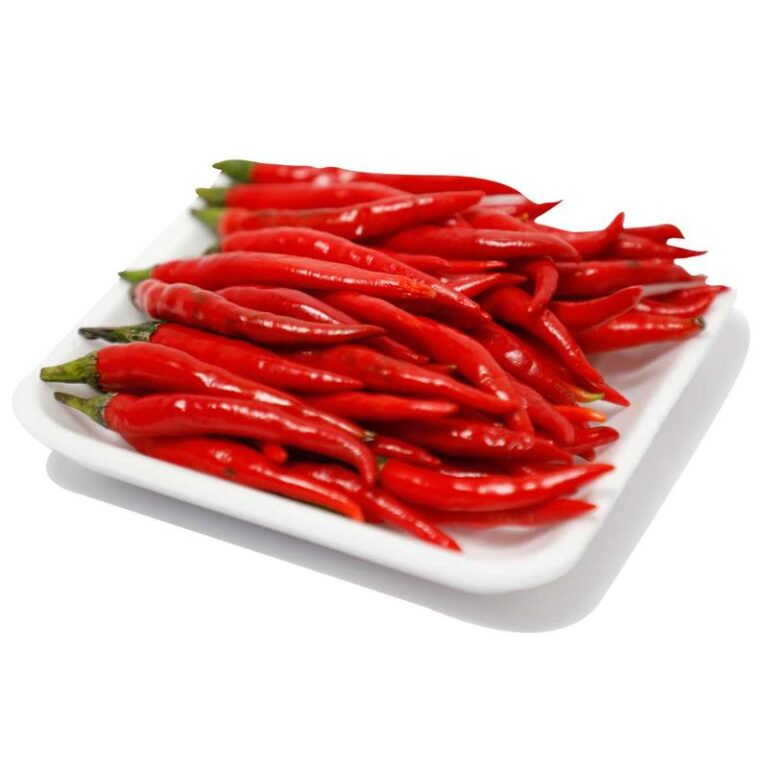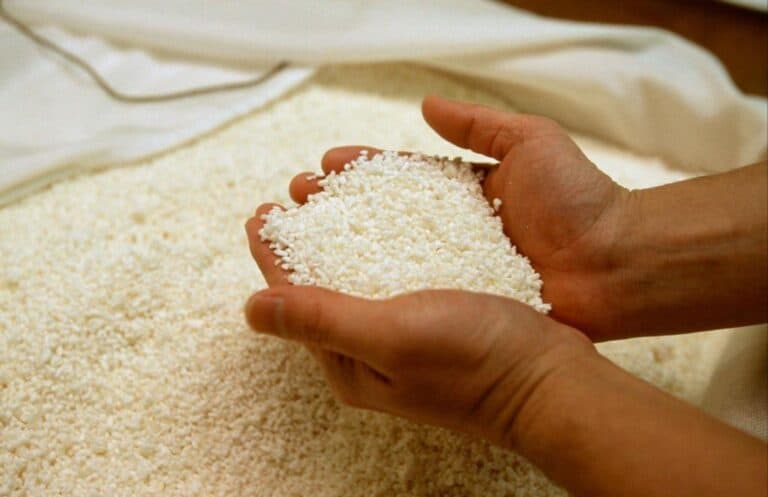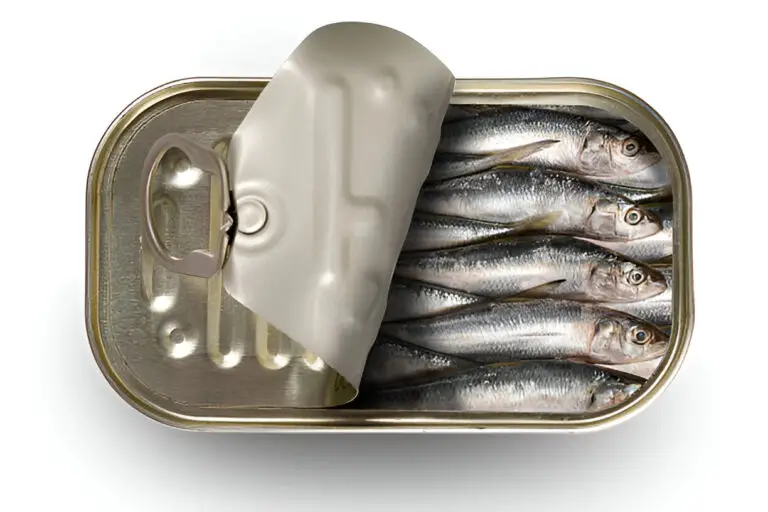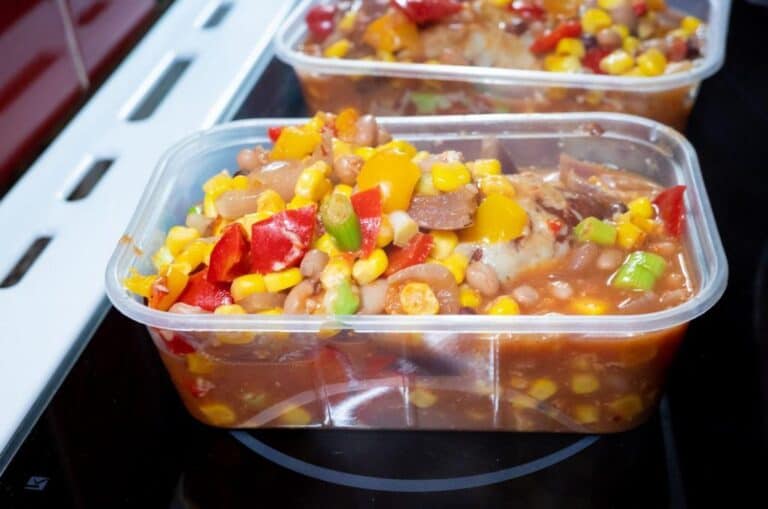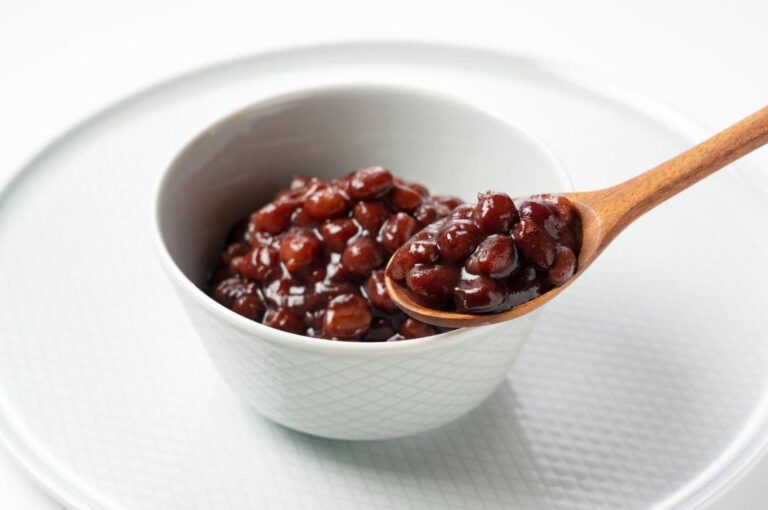Is It Bad To Eat Cold Food? (Food Safety and Health Risk)
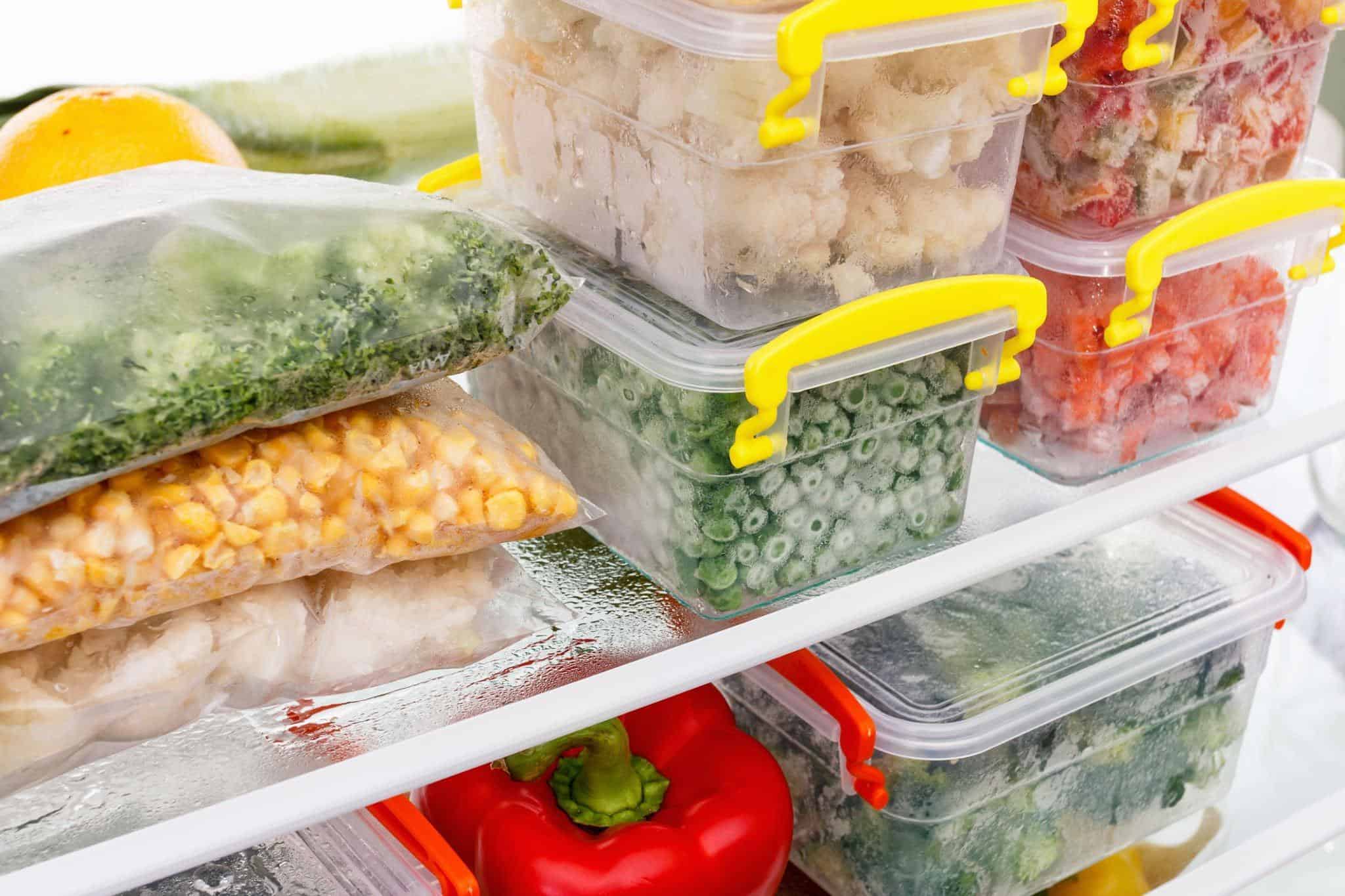
Is it really a good idea to eat that cold sandwich or slice of pizza? Before you make a decision, you should think about what might happen to your health if you eat a lot of cold food.
In this article, we explain why it is important to find out if cold food can be harmful to your body. We will talk about the possible health problems that could happen if you eat food that hasn’t been heated enough and suggest ways to avoid them.
We will also talk about why you might need to change the way you store your cold food. By the end of this article, you will have a better understanding of whether it’s bad to eat cold food or not. So let’s get started!
Is It Bad to Eat Cold Food?
It depends on many different factors, so answering the question of whether eating cold food is bad for digestion is complicated. Here are a few things to consider:
- Safety. Some foods are more susceptible to bacterial growth at room temperature and can become unsafe to eat if improperly stored or handled. This is especially true for foods that are high in protein, such as meat and dairy products. To prevent bacterial growth and lower the risk of food poisoning, it’s critical to properly refrigerate or freeze these kinds of foods.
- Digestion. Hot foods are generally easier to digest because they are closer to the body’s natural temperature. Since it’s easier to break down nutrients in warmer foods and liquids, the digestive system works better. Cold foods, on the other hand, can shock the digestive system and make it work harder to break down the nutrients, potentially leading to digestive discomfort.
- Nutritional value. Some nutrients, such as vitamins and minerals, can be lost during the process of cooking and reheating food. However, this loss can also occur when food is left to sit in the refrigerator for an extended period of time. As a result, cold leftovers may not be as nutritionally dense as fresh food.
- Flavor and texture. Heating food up can bring out its flavors and aromas, making it more appealing to eat. It can also improve the texture of certain foods, making them more tender and softer. Cold food, on the other hand, may not taste as good or have a desirable texture.
Why Do Some People Enjoy Cold Food?
There are a few different reasons why people may enjoy cold food. One possible reason is that cold food is often more popular during warm months, when the body tends to overheat. Feelings of coolness, like those from cold food, can help relieve this feeling of heat and make you feel refreshed.
In these situations, feeling cool, like when you eat something cold, can help relieve the feeling of heat and make you feel refreshed. This may be why cold food is often perceived as being more refreshing than warm or hot food.
Some people simply prefer the taste and texture of cold food, regardless of the time of year. They may find cold food more refreshing and enjoyable to eat. Another reason could be that cold, cool, or icy temperatures are often associated with a feeling of being refreshed.
In fact, the most important characteristic that makes a food or drink refreshing has been reported to be its temperature, rather than its color or other visual qualities. This may be why cold food is often more appealing to some people than warm or hot food. |
Does the Temperature of Food Affect Digestion?
The digestive system is made up of many organs that work together to turn food into energy and waste. Temperature is an important factor in the digestion process.
Recent research has suggested that eating food at different temperatures may affect how quickly and efficiently our bodies process it. These studies have shown that the temperature of foods like proteins, carbs, and fats affects how easy they are to digest.
Proteins are digested faster when the temperature is higher, while carbohydrates are digested better when the temperature is lower. Eating fats at room temperature appears to make them easier to digest than when they are cold or heated up.
Based on this research, eating foods at different temperatures might be one way to improve digestion and nutrient absorption for better health. Based on this research, eating foods at different temperatures might be one way to improve digestion and nutrient absorption for better health. If you are always eating cold food, it may be bad for your digestion.
What Are the Rules for Storing Cold Food?
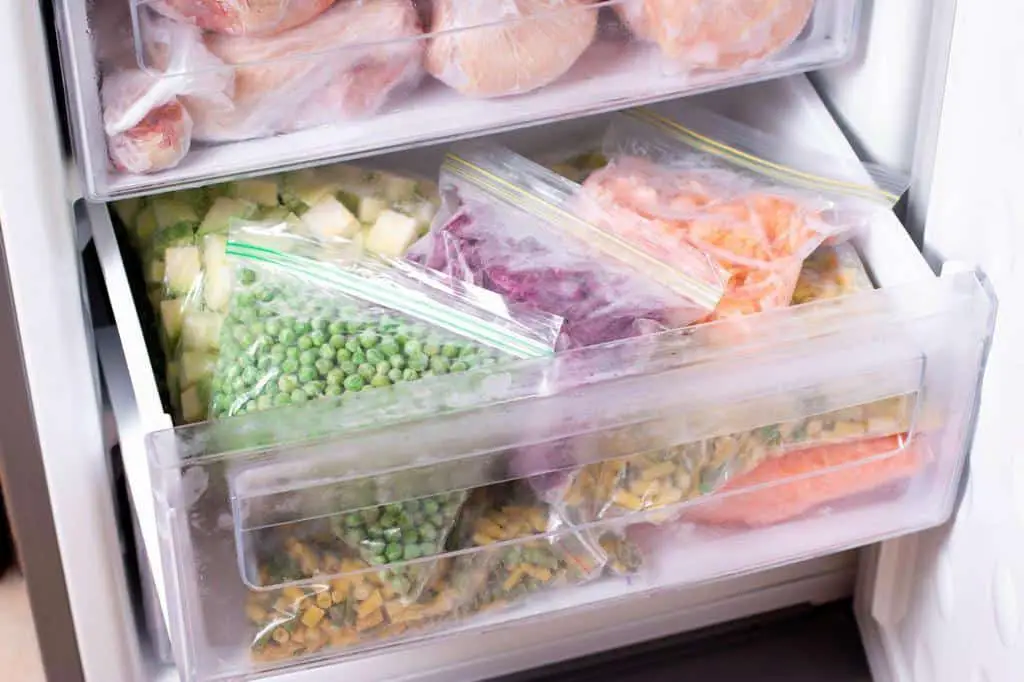
Properly storing cold food is essential for maintaining its quality and safety. Cold foods require special storage considerations due to their temperature sensitivity. It is important for you to understand the rules for storing cold foods in order to keep them fresh and safe for consumption.
Here are a few key rules to follow when storing cold food:
- Keep cold food at a safe temperature. Cold food should be stored at a temperature of 40°F or lower to prevent bacterial growth and reduce the risk of food poisoning. This means keeping cold food in the refrigerator or freezer.
- Use separate storage areas for raw and cooked food. It’s important to store raw and cooked food separately to prevent cross-contamination. This means using separate storage areas and containers for raw meat, poultry, and seafood, and making sure to wash your hands and any utensils or surfaces that come into contact with these types of food.
- Use proper storage containers. It’s important to use airtight containers to store cold food in order to keep it fresh and prevent contamination. Glass or plastic containers with tight-fitting lids are good options for storing cold food in the refrigerator.
- Label and date stored food. It’s a good idea to label and date stored food, especially if you’re storing it for an extended period of time. This will help you keep track of when the food was stored and how long it has been in the refrigerator or freezer.
- Ensure that any perishable items are used within three days. Make sure such a group of foods to be consumed early in the refrigerator; this includes leftovers as well as raw meats, seafoods, dairy products, and eggs. After three days have passed these foods should be discarded rather than consumed in order to prevent illness or contamination from occurring.
By following these rules for storing cold food, you can help ensure that the food you eat is fresh, safe, and of high quality.
What Temperature Is Best for Digestion?
To optimize digestion, it’s generally a good idea to aim for food that is at or slightly above room temperature. This can help to ensure that the temperature of the food is not too extreme and is more comfortable for the body to process.
How well your body digests the food depends on what you eat and at what temperature. Between 70 and 80 degrees Fahrenheit is the ideal temperature for your body to easily digest food.
This can help to ensure that the temperature of the food is not too extreme and is more comfortable for the body to process. It’s also worth considering the type of food being consumed, as some types of food may be more sensitive to temperature changes than others. For example, raw fruits and vegetables may be more susceptible to damage from heat than cooked foods.
You Eat More Food If You Eat Cold Food.

Are you trying to eat healthier but finding yourself more hungry than usual? It may be because you are eating cold food. Eating cold food can actually cause us to consume more calories and food than we actually need.
| Related: Why Do I Feel Hungry and Tired After Eating Pasta? |
Some evidence shows that eating cold food can make you eat more food in general. Here are a few possible reasons why this may be the case:
- Cold food may not be as satisfying. Some people find that cold food is less satisfying and filling compared to hot food. This may lead to the desire to eat more in order to feel satisfied and full. Additionally, studies have shown that cold temperatures can dull our taste buds, making us less sensitive and potentially less satisfied with the amount of food we’ve eaten.
- Cold food may be less flavorful. Heating food up can bring out its flavors and aromas, making it more appealing to eat. Cold food, on the other hand, may be less flavorful and less appealing, leading to the desire to eat more in order to get the desired flavor and taste.
- Cold food may be less filling. Certain foods, such as protein-rich foods, may be more filling when they are hot as they are easier to digest. Cold food, on the other hand, may be less filling due to the digestive system having to work harder to break down the nutrients.
- Cold food consumes more energy. When our bodies receive cold food, they work harder to digest it, causing us to expend more energy and burn more calories. This extra energy expenditure makes us hungrier, so we tend to overeat or eat larger portions in order to compensate for the extra calorie burning.
Conclusion
People may like cold food for a variety of reasons, such as a preference for the temperature, the time of year, the feeling of being refreshed, or just because they like it. Many people find cold food to be refreshing and enjoyable, especially when it’s hot outside.
In conclusion, it is usually safe to eat cold food as long as it has been stored and handled properly to stop bacteria from growing. Before deciding to eat cold food, you should think about how it might change the taste, texture, and nutritional value.

